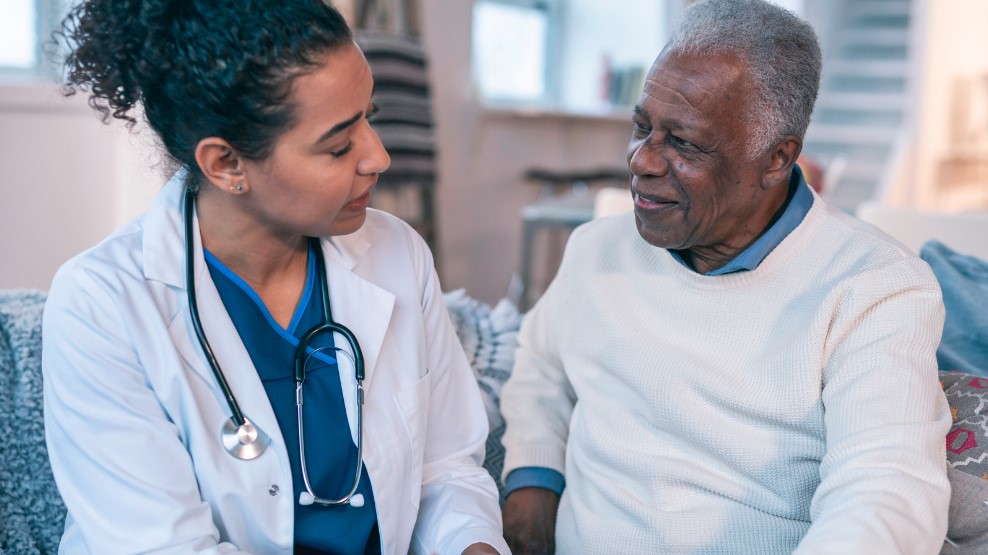House Civil Justice Committee
Chair HambleyVice Chair Patton Ranking Member Brown
Tara Britton, Director of Public Policy and AdvocacyHouse Bill 198 – Interested Party Testimony
June 18, 2019
Chairman Hambley, Vice Chair Patton, Ranking Member Brown and Members of the House Civil Justice Committee, thank you for the opportunity to provide interested party testimony on House Bill 198. My name is Tara Britton and I am the Director of Public Policy and Advocacy at The Center for Community Solutions, a nonprofit, nonpartisan think tank that aims to improve health, social and economic conditions through research, policy analysis and communication.
Thank you for the opportunity to provide comments on House Bill 198 regarding the pass-through of child support dollars to families receiving Ohio Works First (OWF) cash assistance through the Temporary Assistance for Needy Families (TANF) program.
HB 198 allows child support payments to families on OWF cash assistance to stay with the child instead of assigning them to the state. It also allows for up to $200 per month to be disregarded in terms of determination for eligibility requirements. We believe these additional dollars could make a real difference in the lives of low-income families with children who struggle to provide very basic necessities.
In order to be eligible for OWF cash assistance, applicants must have a minor child or pregnant woman (at least six months pregnant) in the family (assistance group). Families must also have incomes of no more than 50 percent of the FPL (about $10,000 annually for a family of three in 2019), and can only receive benefits for up to 36 months. OWF payments only increase by a small cost of living adjustment each year that provides little more than a few additional dollars each month.
OWF benefits, by assistance group size in 2018 [table id=66 /]
The average monthly benefit, per person, is $203.58.[1] This is considerably less than working 30 hours per week at Ohio’s minimum wage rate of $8.55 per hour (120 hours per month at $8.55 is $1,026 per month).[2] Think about how this compares to the costs associated with making a household run smoothly and all of the expenses that inevitably pop up with babies and kids.
According to data from the Administration for Children and Families within the U.S. Department of Health and Human Services, in 2016, only about 9 out of 100 families receiving Ohio Works First (OWF) had income beyond cash assistance. Families use these limited dollars to purchase essentials like toothpaste, shampoo, laundry soap, diapers and clothing or pay school fees.
Research from the University of Wisconsin Institute for Research on Poverty shows that non-custodial parents who remain current in providing child support also have contact with their children and stay involved both financially and emotionally.[3] Ultimately, more dollars that reach the households where children are living have a multitude of benefits.
This approach has been adopted in other states across the country, recognizing that this is a powerful poverty reduction tool. More than half of states have exercised flexibility under federal law to “pass through” some or all of the child support payment to families, who are not required to count it as income when calculating their TANF benefit. The amounts disregarded in eligibility calculations in the bill ($100 for one child, $200 for two or more children) also fall under the amount the federal government will waive for the TANF State Maintenance of Effort contribution.
The proposed policy change in HB198 will allow more ability within low-income families to meet the needs of kids. Two Ohio cities have the sad distinction of ranking among those with the highest child poverty rates in the nation, Cleveland ranks second at 53.9 percent and Cincinnati, fourth at 45.3 percent. Proposals like HB 198 is one approach that will help families provide for basic needs to help ensure kids have what they need to thrive.
A number of fellow stakeholders have shared concerns regarding the cost to the state and the administrative burdens that would come along with HB 198. We stand ready to work along with our fellow stakeholders, the legislature and the administration to explore a number of changes that could ease the administrative burden of implementation, and ensure county offices have the support necessary to execute this proposal’s intention. We look forward to being a part of that process.
Thank you for the opportunity to testify today. I’d be happy to answer any questions.
[1] https://jfs.ohio.gov/factsheets/owf.pdf
[2] https://www.com.ohio.gov/documents/dico%5F2019Minimumwageposter.pdf
[3] Final Impact Findings from the Child Support Noncustodial Parent Employment Demonstration (CSPED)https://www.irp.wisc.edu/wp/wp-content/uploads/2019/03/CSPED-Final-Impact-Report-ExecSum-2019.pdf








